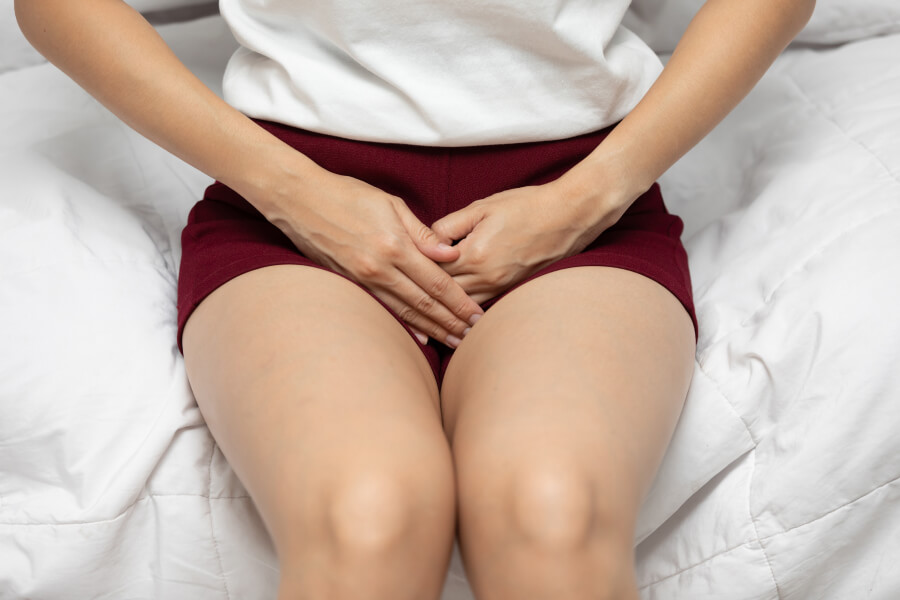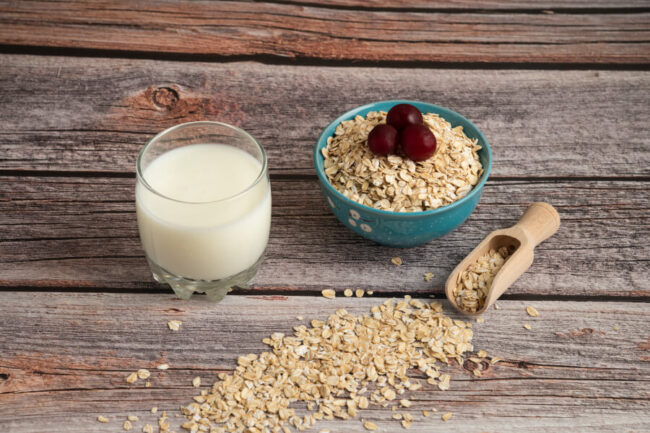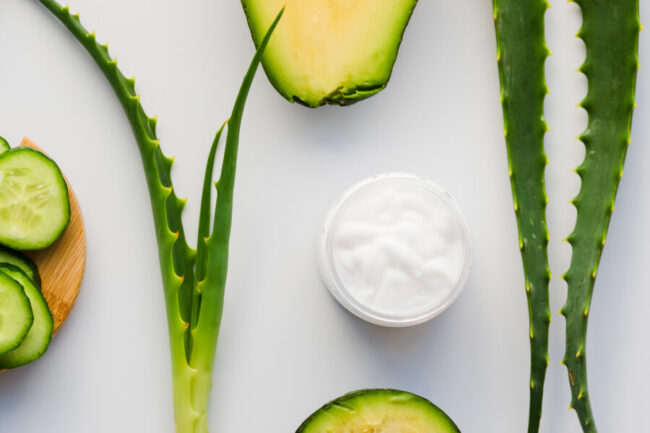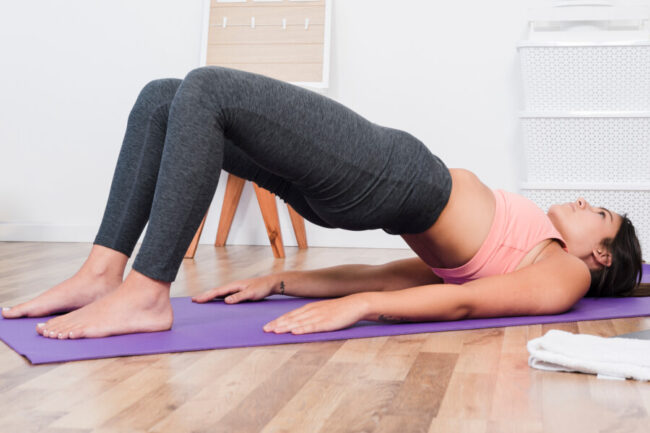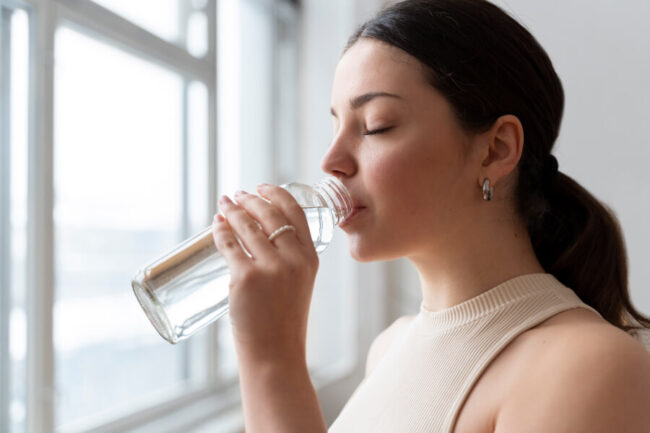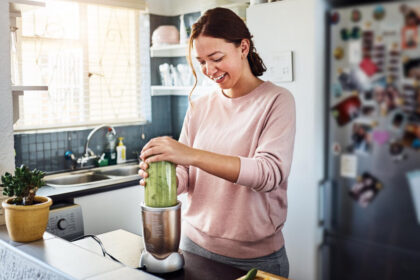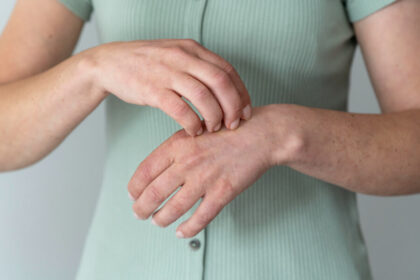Understanding Vulvar Atrophy
Vulvar atrophy, often referred to as vaginal atrophy, is a condition that many women experience, particularly during and after menopause. It’s characterized by thinning, drying, and inflammation of the vaginal walls due to a decrease in estrogen levels.
This can lead to discomfort, itching, and painful intercourse. But the good news is, you don’t have to suffer in silence! There are several natural remedies that can help manage and alleviate the symptoms of vulvar atrophy, making it easier to maintain your quality of life and enjoy intimate moments.
Let’s dive into these natural remedies and explore how they can offer relief.
Tips for Managing Vulvar Atrophy Naturally
Tip 1: Incorporate Phytoestrogen-Rich Foods into Your Diet
Phytoestrogens are plant-based compounds that mimic estrogen in the body. Including these in your diet can help balance hormone levels and reduce symptoms of vulvar atrophy.
Foods to Try:
- Soy Products: Tofu, tempeh, and soy milk are excellent sources of phytoestrogens.
- Flaxseeds: These tiny seeds are a powerhouse of phytoestrogens and are also high in omega-3 fatty acids.
- Legumes: Chickpeas, lentils, and beans can be easily added to salads, soups, and stews.
- Whole Grains: Incorporate more oats, barley, and rye into your meals.
Why It Works: Phytoestrogens help to balance hormone levels, which can alleviate the dryness and discomfort associated with vulvar atrophy.
Tip 2: Opt for Organic and Natural Lubricants
Using the right lubricant can make a significant difference in managing vulvar atrophy. Look for products that are organic and free from harsh chemicals, which can irritate sensitive tissues.
Best Choices:
- Aloe Vera Gel: Known for its soothing properties, aloe vera can provide much-needed moisture and relief.
- Coconut Oil: This natural oil is not only moisturizing but also has anti-inflammatory properties.
- Olive Oil: A gentle and natural option that’s easily accessible.
Why It Works: These natural lubricants help maintain moisture and soothe irritation, making sexual activity more comfortable and enjoyable.
Tip 3: Practice Kegel Exercises Regularly
Kegel exercises strengthen the pelvic floor muscles, which support the uterus, bladder, small intestine, and rectum. Strong pelvic muscles can help improve blood flow to the vaginal area, promoting better lubrication and reducing symptoms of atrophy.
How to Do Them:
- Identify the Right Muscles: Try stopping urination midstream to locate your pelvic floor muscles.
- Routine: Contract these muscles for 5 seconds, then relax for 5 seconds. Repeat 10-15 times, three times a day.
- Consistency: Regular practice is key to seeing results.
Why It Works: Strengthening the pelvic floor muscles can enhance blood flow, which helps maintain vaginal health and reduce atrophy symptoms.
Tip 4: Utilize Natural Remedies such as Coconut Oil or Aloe Vera
Natural remedies have been used for centuries to treat a variety of ailments, and vulvar atroph y is no exception. Coconut oil and aloe vera are particularly effective in providing relief.
Application Tips:
- Coconut Oil: Apply a small amount to the affected area daily. It can also be used as a lubricant.
- Aloe Vera Gel: Use 100% pure aloe vera gel. Apply to the vulvar area to soothe and hydrate the skin.
Why It Works: Both coconut oil and aloe vera have anti-inflammatory and moisturizing properties that help to soothe irritation and improve skin health.
Tip 5: Consider Pelvic Floor Therapy
Pelvic floor therapy involves working with a specialized physical therapist to strengthen the muscles of the pelvic floor. This can be particularly beneficial for those experiencing severe symptoms of vulvar atrophy.
What to Expect:
- Assessment: The therapist will assess the strength and function of your pelvic floor muscles.
- Exercises: Tailored exercises and stretches to strengthen and relax the pelvic floor muscles.
- Techniques: Use of biofeedback and manual therapy to improve muscle function.
Why It Works: Tailored therapy can specifically address the issues related to vulvar atrophy, improving overall pelvic health and alleviating symptoms.
Tip 6: Stay Hydrated and Maintain a Healthy Lifestyle
Hydration and a healthy lifestyle play a crucial role in managing vulvar atrophy. Drinking plenty of water and maintaining a balanced diet can significantly impact your overall vaginal health.
Healthy Habits:
- Hydration: Aim to drink at least 8 glasses of water daily.
- Diet: Focus on a diet rich in fruits, vegetables, whole grains, and lean proteins.
- Exercise: Regular physical activity helps improve circulation and overall health.
Why It Works: Proper hydration and a balanced diet ensure your body has the necessary nutrients and fluids to maintain healthy tissues, including those in the vaginal area.
Tip 7: Consult with a Healthcare Provider for Individualized Treatment
While natural remedies can be highly effective, it’s always a good idea to consult with a healthcare provider to tailor a treatment plan that’s right for you. They can provide personalized advice and may recommend additional treatments or supplements.
Steps to Take:
- Schedule a Visit: Regular check-ups with your gynecologist.
- Discuss Symptoms: Be open about your symptoms and concerns.
- Follow Recommendations: Your doctor may suggest hormonal treatments or other interventions if natural remedies are not sufficient.
Why It Works: Professional guidance ensures you’re getting the most effective and safe treatment for your specific condition.
Conclusion
Vulvar atrophy can be a challenging condition, but with the right natural remedies and lifestyle adjustments, you can manage and alleviate its symptoms effectively.
By incorporating phytoestrogen-rich foods, using organic lubricants, practicing Kegel exercises, and staying hydrated, you can improve your vaginal health and overall well-being.
Remember, it’s always important to consult with a healthcare provider to create a comprehensive and personalized treatment plan.
FAQs
Can natural remedies relieve menopause vaginal dryness?
Yes, natural remedies such as incorporating phytoestrogen-rich foods into your diet, using natural lubricants like aloe vera and coconut oil, and staying hydrated can help relieve vaginal dryness associated with menopause.
What causes vaginitis?
Vaginitis can be caused by bacterial infections, yeast infections, trichomoniasis, and non-infectious factors like allergies, irritants, or hormonal changes, especially during menopause.
How to prevent vaginal atrophy?
Preventing vaginal atrophy involves maintaining a healthy lifestyle, staying hydrated, incorporating phytoestrogen-rich foods into your diet, practicing regular pelvic floor exercises, and using natural lubricants to keep the vaginal area moisturized.
What are the symptoms of vaginal atrophy?
Symptoms of vaginal atrophy include vaginal dryness, itching, burning, discomfort during intercourse, and urinary issues such as increased frequency or urgency.
When to see a doctor?
You should see a doctor if you experience severe vaginal dryness, pain, bleeding, or if over-the-counter and natural remedies do not provide sufficient relief. It’s also important to consult a healthcare provider for a proper diagnosis and personalized treatment plan.

